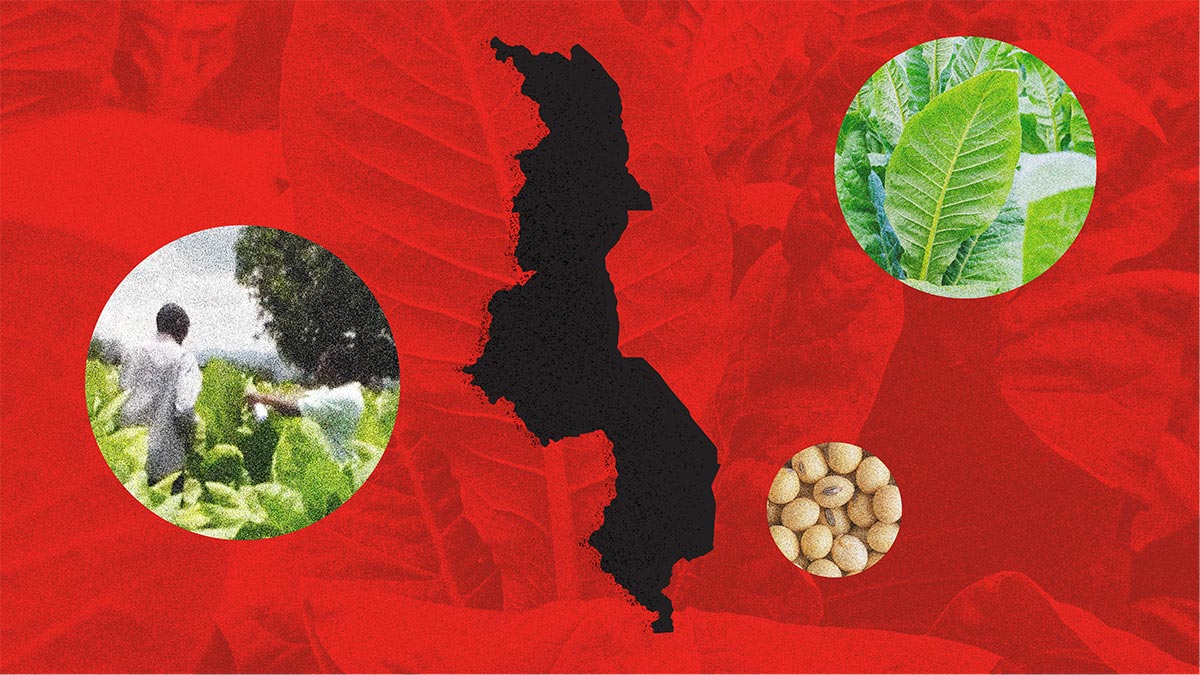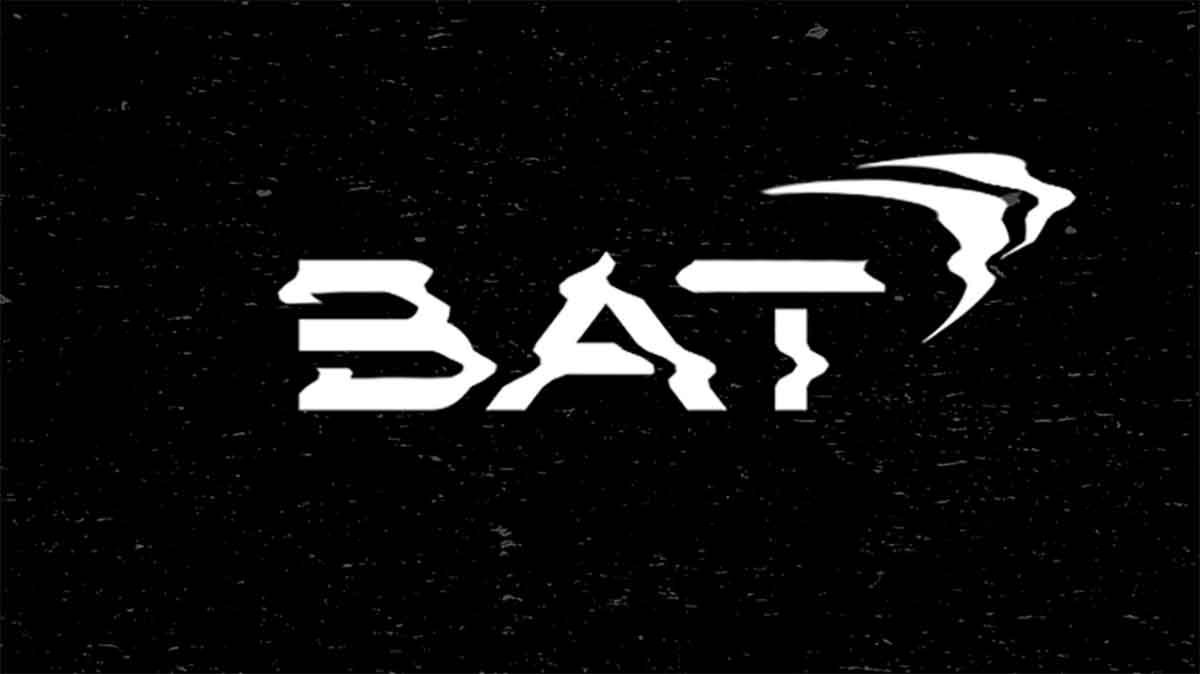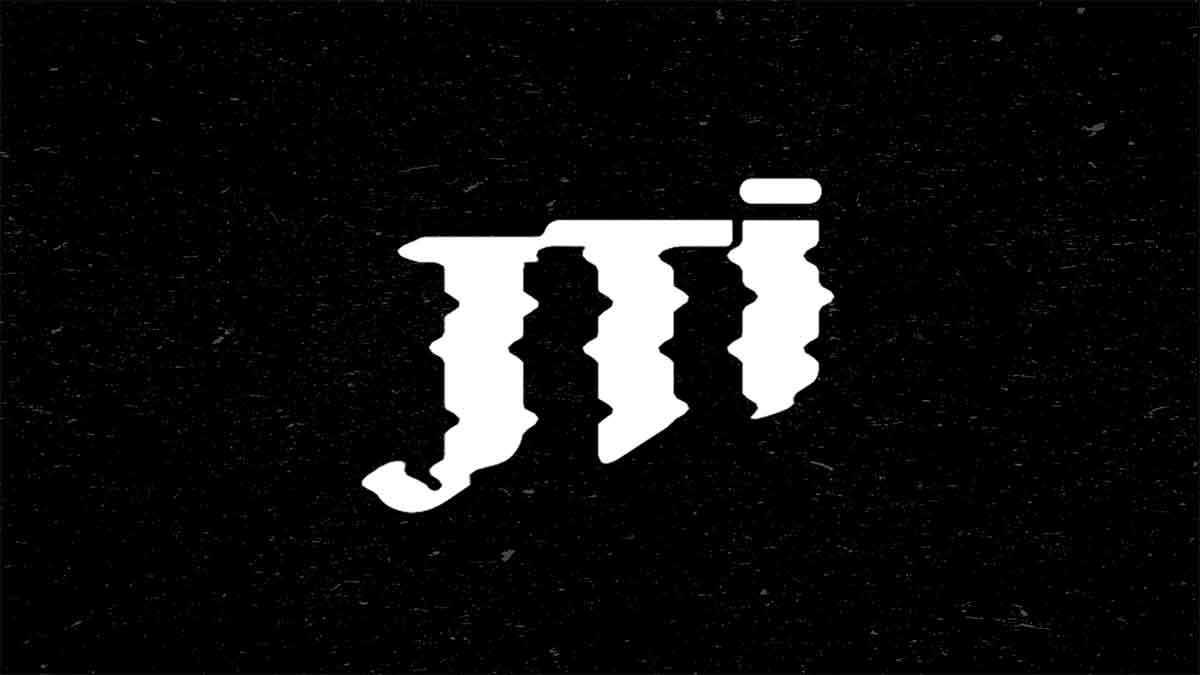- Resources
- News
-
-
Get Email Updates
Sign up for STOP's emails and never miss an update on our latest work and the tobacco industry's activity.
-
Get Funding
Ready to tackle industry interference? You could be eligible for a grant.
-
Share a Tip
Do you have information on tobacco industry misconduct in your country? Let us know.
-
Get Email Updates
Business of Tobacco
May 18, 2020

Initial analysis of the Foundation for a Smoke-Free World’s 2019 tax return provides further evidence that it operates primarily as a PR arm of tobacco giant Philip Morris International.
Note: In May 2024, FSFW changed its name to Global Action to End Smoking.
(Bath, United Kingdom May 18, 2020) – On 15 May 2020, The Foundation for a Smoke-Free World (FSFW), which claims to be an “independent, non-profit organization committed to reducing deaths and diseases caused by smoking,” filed its 2019 tax return. This revealed that, more than two years after saying it wanted to secure other funders, the world’s biggest tobacco industry front group remains solely funded by Philip Morris International (PMI).
PMI is one of the world’s largest transnational tobacco companies. In 2019 it shipped over 700 billion cigarettes worldwide, with a net revenue of $78 billion. Despite the Foundation claiming it is a scientific organisation, almost a third (31%, $24.52 million) of its $80 million budget in 2019 was spent on salaries, PR, legal and other fees. Only about half ($41.09 million) went on grants, according to an initial analysis of the tax return by the Tobacco Control Research Group (TCRG) at the University of Bath, a partner in STOP.
TCRG has found that many grants fund what looks more like public relations and advocacy than scientific research. These include funding VIDA news to “increase public awareness of the drivers of smoking harm and the availability of alternatives;” the International Network of Nicotine Consumer Organisations (INNCO) to “promote tobacco harm reduction on the global stage” and the Conrad Foundation to hold children’s science competitions.
Several extremely large grants were awarded or earmarked for organizations with well-documented ties to the tobacco industry. Two recipients of these ‘mega’ awards include the Centre of Excellence for the Acceleration of Harm Reduction (CoEHAR) at the University of Catania, Italy (awarded $8,036,493 in 2019, with a further $22,928,186 approved for future payment) and the Rose Research Center in the US (awarded $4,762,663 in 2019, with a further $20,588,874 committed).
Despite spending millions of PR dollars on Ogilvy and Ruder Finn, two marketing companies with historical links to the tobacco industry, the Foundation appears to be struggling to achieve legitimacy or to build credible links with academic institutions. Fewer than one in six (seven out of 45) of the Foundation’s grant recipients are based at an academic institution.
The fact it spent 11 times more on recruitment consultants in 2019 than in 2018 ($852,017 vs $74,216), adds to findings that it is struggling to recruit and retain key personnel. Of the key staff listed in 2019, it has since lost its chief operating officer, two board members, and two of its highest-paid employees (VP Global Operations and VP of Marketing and Communications). This makes a total loss of ten key staff members since the Foundation was launched.
There are also questions over the role of its auditors, Ernst & Young. A Swiss arm of the accountancy firm is in line for a $1.1m grant for research on smokers, while the US arm signed off the Foundation’s accounts. Although the US government is currently modifying certain auditing rules, long standing guidance from US regulators outlines that “the auditor generally must be independent for the entire engagement period and the period covered by the financial statements being audited” (emphasis added).
Responding to what TCRG discovered in the tax return, the group’s director, Professor Anna Gilmore, commented:
“Reducing harm from tobacco is vital. COVID-19 highlights that more clearly than ever. Yet this provides further evidence that having PMI lead that work is wasteful and counterproductive. It is clearly time to tax tobacco companies in order to fund genuinely independent research.”
Tess Legg, a researcher with TCRG, who also analysed the Foundation’s 2018 tax return, added:
“This time last year we analysed the Foundation’s first full tax return, and here we are seeing they are still up to their old tricks. The Foundation is still a front group for PMI, pouring vast sums of money into public relations and scientists with recent links to the tobacco industry. We strongly recommend against journalists, health professionals, researchers and advocates partnering with an organisation more interested in spin than substance.”
Notes to Editors:
- The Tobacco Control Research Group at the University of Bath is the research partner in global tobacco industry watchdog, STOP, which is funded by Bloomberg Philanthropies.
- An analysis of the tax return is available to download from the STOP website.
About STOP (Stopping Tobacco Organizations and Products)
STOP is a global tobacco industry watchdog whose mission is to expose the tobacco industry strategies and tactics that undermine public health. STOP is funded by Bloomberg Philanthropies and comprised of a partnership between The Tobacco Control Research Group at the University of Bath, The Global Center for Good Governance in Tobacco Control (GGTC), the International Union Against Tuberculosis and Lung Disease (The Union) and Vital Strategies. For more information, visit exposetobacco.org.


